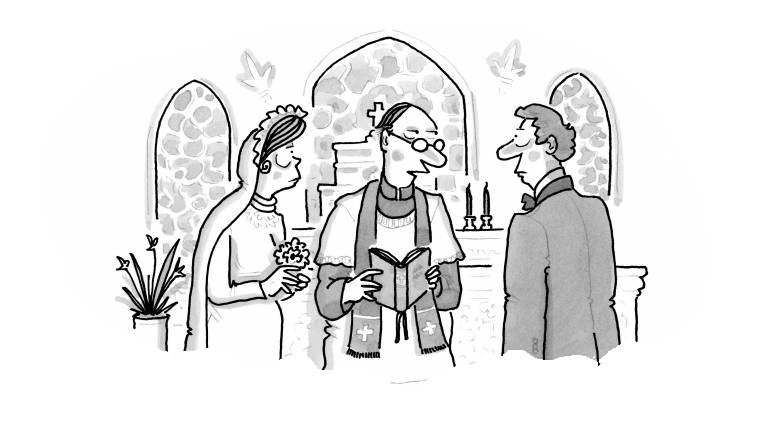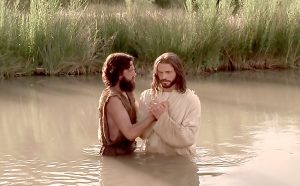John 3.27-42

Tolstoy in his novel War and Peace wrote that a battle can turn in a “Hurrah”. The Hurrah represents a changed contrasting attitude compared to the disposition of all around. It stands for a different vision of what is before them. It is grasping the positive when all around is negative. Suddenly the world seems different and the “Hurrah” enthuses, encourages and conveys a new sense of reality. Belief in Jesus can be that “Hurrah” as we see in the Samaritan woman when the penny drops and she realizes that the man before her is the Messiah she and all her people have been waiting for. She believed him when he said, ‘I who speak to you am he’. John 4.26
Jesus’ disciples returned from town with food just as he made that confession to the woman. It reads as if they barged in breaking the intimate profound moment oblivious to the significance of the event that had taken place and not caring. ‘No one said, “What do you seek?” or “Why are you talking with her?”’ John 4.27 Their preoccupation was with the mundane and the everyday. Food was their dominant thought. ‘Meanwhile the disciples were urging him, saying, “Rabbi, eat.”’ John 4.31
The woman though had just had her view of the world changed by her encounter with Jesus. She was a convert in the first flush of excitement. The mundane, such as collecting water, had fallen away and she was bursting to share her new-found faith and introduce others to Jesus. What a contrast with the disciples. ‘The woman left her water jar and went away into town and said to the people, “Come, and see a man who told me all that I ever did. Can this be the Christ?”’ Counter culturally we have in essence the woman being the evangelist. She was doing what all can do and so frequently do not do. She was inviting people to discover Jesus for themselves.
Jesus and the woman now shared the same vision inspired by the Holy Spirit. It was a vision of a harvest of people for salvation. Is it too strong a term to say that Jesus rebuked his disciples when he said, ‘I have food to eat that you do not know about’? He was referring to the Spirit of God empowering him to preach the gospel. This was his calling and purpose. The disciples like the woman at the beginning of her encounter were preoccupied with the everyday and literal understanding of his words.
You can feel Jesus frustration coming through the words, ‘Look, I tell you, lift up your eyes, and see that the fields are white for harvest. Already the one who reaps is receiving wages and gathering fruit for eternal life, so that the sower and reaper may rejoice together.’ john 4,36,37 He was drawing on the imagery in Amos 9.13 which also describes the abundance of the new age. Men and woman from the Samaritan town responded to the woman’s invitation to come and see Jesus. Their salvation was Jesus’ total priority and he stayed two days teaching. As a result, many believed. They believed because they encountered Jesus for themselves and the Holy Spirit spoke into their hearts. ‘They said to the woman. “It is no longer because of what you said that we believe, for we have heard for ourselves, and we know that this is indeed the Saviour of the World.”’ John 4.42
Are we preoccupied with the everyday or do we share Jesus’ vision for the gospel?
As a church have we stopped inviting people to meet Jesus?
Do we think that we are not sufficient in some way to invite people to meet Jesus?
Where does reaching people with the gospel rate in our priorities as a church?
Lord I lift your name of high – Maranatha singers




